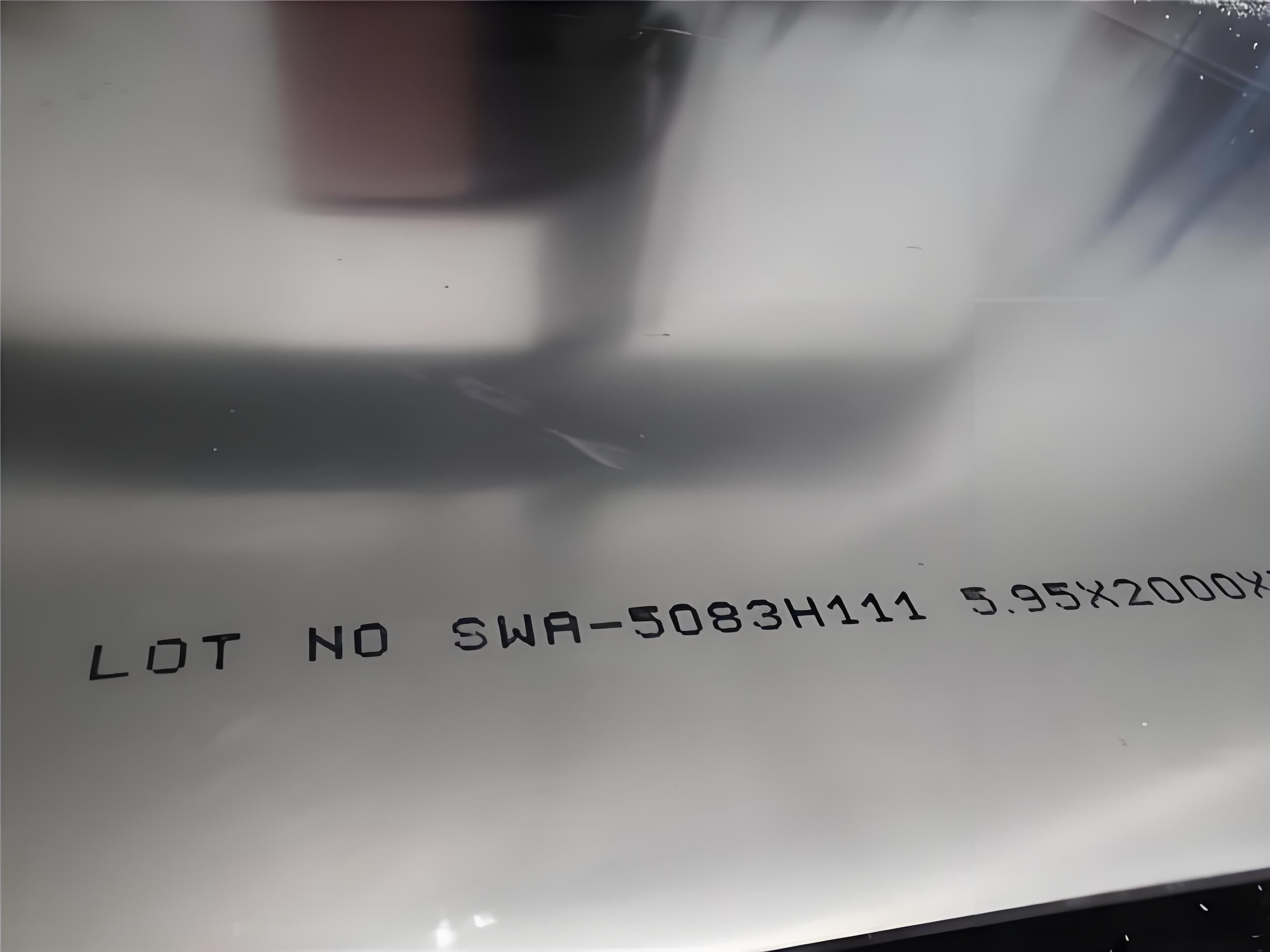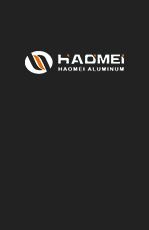What Is The Best Aluminum For Boat Construction?
In the wave of shipbuilding industry upgrade, aluminum alloy has become the core material of modern boat design with its irreplaceable comprehensive performance. As a professional marine grade aluminum alloy supplier, we deeply understand the stringent requirements of the marine environment and are committed to promoting the lightweight revolution of ships through technological innovation.

1. Core alloys of aluminum for boat construction
The modern shipbuilding industry mainly relies on two major aluminum alloy families:
- 5000 series (Al-Mg alloy): represented by 5052, 5083, 5086, and 5059, which cannot be heat-treated and strengthened, but have unparalleled corrosion resistance.
Typical examples include 5083 alloy: tensile strength ≥305 MPa, yield strength ≥215 MPa, and corrosion depth <0.4 mm after 8 years of exposure in Qingdao waters;
The newly developed marine grade 5059 aluminum alloy has increased its strength to 370 MPa in tensile strength and 270 MPa in yield strength, and intergranular corrosion mass loss ≤15 mg/cm²7, which is particularly suitable for extreme working conditions such as ultra-low temperature storage tanks of LNG ships.
- 6000 series (Al-Mg-Si alloy): mainly 6061, 6082, and 6N01, which can be strengthened by heat treatment, taking into account both strength and formability.
For example, the tensile strength of 6N01-T6 extrusion material reaches 290 MPa, which is often used in complex structural parts such as ship windows, gangways, and hatches;
6063 alloy has become the first choice for large hollow profiles due to its excellent extrusion performance.
- Marine grade 5083 aluminum alloy is currently the most widely used boat building material, accounting for more than 70% of the hull structure, deck, and superstructure.
2. Why do top shipyards choose aluminum alloy?
- King of lightweight:
Aluminum hulls are 48.42% lighter than steel structures. After the superstructure of destroyers is changed to aluminum, the weight of a single ship is reduced by 930 tons. This not only increases the speed, but also significantly reduces fuel consumption - the hybrid aluminum-glass ship type is 48.7% lighter than the steel-aluminum structure, and the main engine power is reduced by 22.5% at the same speed, and carbon emissions are reduced simultaneously.
- Deep-sea corrosion resistance:
After 5 years of exposure to seawater, the average corrosion rate of 5083 alloy is only 0.2 μm/a, and the pitting density is less than 5/dm²5. Its dense oxide film on the surface can resist salt spray and industrial atmospheric erosion, greatly reducing maintenance costs.
- Life cycle value revolution:
Manufacturing end: excellent welding performance (argon arc welding pass rate ≥ 98%) and cold forming ability (elongation > 10%), shortening the construction cycle;
Scrap end: The recycling rate exceeds 95%, which is much higher than fiberglass (difficult to degrade) and steel (high energy consumption recycling).
- Breakthrough in speed and maneuverability:
After the military speedboat adopts an all-aluminum structure, the speed can reach 80 km/h (43 knots), and the watertight compartment design can achieve rapid turning and anti-capsulation.
- Pioneer in environmental compliance:
Replacing FRP to avoid the release of harmful substances such as styrene, the demand for aluminum upgrades for nearly 100,000 fishing boats is the epitome of green shipbuilding.
As a supplier of marine aluminum sheet for boat for 20 years, we escort customers with three core capabilities:
- Cornerstone of cutting-edge equipment:
Configured with "1+1" and "1+4" hot rolling production lines, the plate thickness tolerance is controlled at ±0.15 mm, and the first-level weld qualification rate that meets the AWS D1.2 welding standard is ≥95%610;
- Full-process performance control:
From precise control of magnesium content (5083:Mg 4.0-4.9%), Zr/Sc microalloying, to stabilization heat treatment (200-250℃×10-15h)410, ensure the stability of mechanical and corrosion resistance of each batch;
- Scenario-based solutions:
Freshwater yachts: Recommend 5052-H32/O aluminum plates, which are economical and efficient;
Ocean-going ships: Provide 5083H116/H321 aluminum plates, which have passed CCS, DNV-GL, ABS, RINA, LR, Certified by nine classification societies including BV;
LNG tanks: supply 5059 aluminum thick plates (7-27 mm), with -196℃ low-temperature impact toughness increased by 40%.
As ExxonMobil predicts that the use rate of lightweight materials in transportation will reach 85% in 2040, the penetration rate of aluminum for boat construction field will continue to rise. Whether it is a luxury cruise ship or a defense ship, breakthroughs in material technology are constantly expanding the boundaries of deep-sea navigation.








